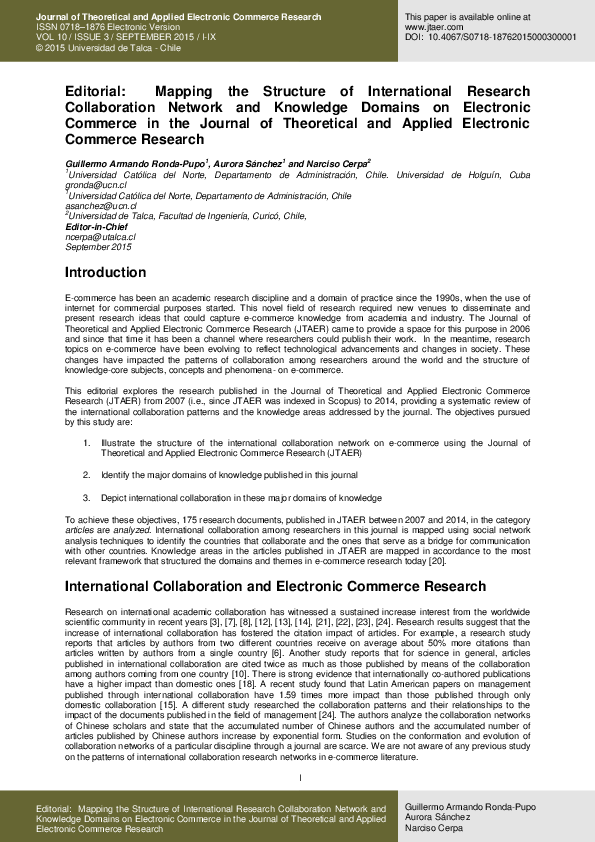消费者误导下的垄断企业信息收集与个性化服务策略
IF 5.1
3区 管理学
Q1 BUSINESS
Journal of Theoretical and Applied Electronic Commerce Research
Pub Date : 2024-05-31
DOI:10.3390/jtaer19020067
引用次数: 0
摘要
为了降低隐私风险,消费者在被要求提供个人信息时可能会选择虚假陈述。本研究利用博弈论模型,探讨了消费者虚假陈述对垄断企业和消费者的影响。结果表明,在某些条件下,消费者虚假陈述可能对企业有利,但对消费者不利。此外,我们还发现,当个性化服务的单位成本较低时,消费者虚假陈述可能会鼓励企业提供更高水平的个性化服务。此外,当消费者虚假陈述且企业只覆盖部分市场时,消费者私人信息的单位价值越高,企业的利润就越低,而个性化服务的单位成本越高,企业的利润就越高。本文的分析为消费者信息在网络个性化营销和消费者隐私保护中的应用提供了重要启示。本文章由计算机程序翻译,如有差异,请以英文原文为准。
Information Collection and Personalized Service Strategy of Monopoly under Consumer Misrepresentation
To decrease privacy risks, consumers may choose to misrepresent themselves when they are asked to offer personal information. Using a game theoretic model, this study examines the impact of consumer misrepresentation on both a monopolistic firm and consumers. The results show that consumer misrepresentation may benefit the firm, but hurt consumers under certain conditions. In addition, we find that when the unit cost of personalized service is low, consumer misrepresentation may encourage the firm to provide a higher personalized service level. Moreover, when consumers misrepresent themselves and the firm only covers part of the market, a greater unit value of consumer private information will reduce the firm’s profit, while a greater unit cost of personalized service will increase the firm’s profit. The analysis reported here provides important insights regarding the application of consumer information in online personalized marketing and consumer privacy protection.
求助全文
通过发布文献求助,成功后即可免费获取论文全文。
去求助
来源期刊
CiteScore
9.50
自引率
3.60%
发文量
67
期刊介绍:
The Journal of Theoretical and Applied Electronic Commerce Research (JTAER) has been created to allow researchers, academicians and other professionals an agile and flexible channel of communication in which to share and debate new ideas and emerging technologies concerned with this rapidly evolving field. Business practices, social, cultural and legal concerns, personal privacy and security, communications technologies, mobile connectivity are among the important elements of electronic commerce and are becoming ever more relevant in everyday life. JTAER will assist in extending and improving the use of electronic commerce for the benefit of our society.

 求助内容:
求助内容: 应助结果提醒方式:
应助结果提醒方式:


